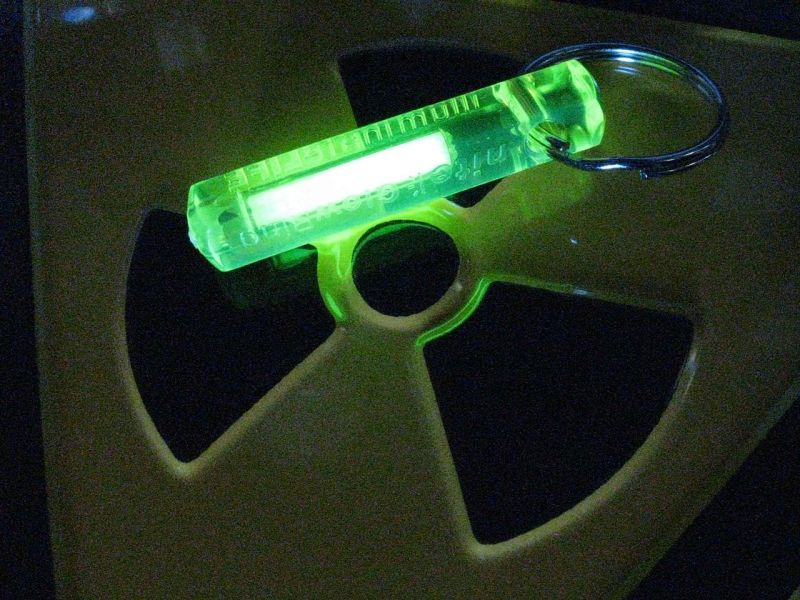Radioactive Tritium Removed from Water by Kindai University Team
Published on by Water Network Research, Official research team of The Water Network in Academic
A team of researchers at Kindai University and other collaborators has succeeded in removing the radioactive substance tritium from water, raising hopes of fully decontaminating the tainted water stored at the Fukushima No. 1 nuclear power plant.

Tritium, Representative Image, Source: Wikimedia Commons, Labeled for Reuse
Tritiated water is said to be difficult to separate from ordinary water as the two substances have similar chemical properties.
Tatsuhiko Ihara, a professor in the Faculty of Engineering at Kindai’s Hiroshima campus, and others used processed aluminum powder to develop a filter that has numerous superfine pores with diameters of 5 nanometers or less, the university announced Wednesday. One nanometer is equal to 1 billionth of a meter.
After putting water contaminated with radioactive materials, including tritium, through the filter, only tritiated water was caught in the pores, making it possible to separate the substance in a highly efficient manner, according to the team.
The tritiated water can then be removed from the filter by heating it so the device can be reused, thus keeping costs down.
Media
Taxonomy
- Water Pollution
- Treatment
- Treatment Methods
- Chemical Treatment
- Decontamination
- Biological Treatment
- Heavy Metal Removal
- Decontamination
- Wastewater Treatment
- Pollution
- Water Pollution Control
- Heavy metals
- water treatment
- Pollution